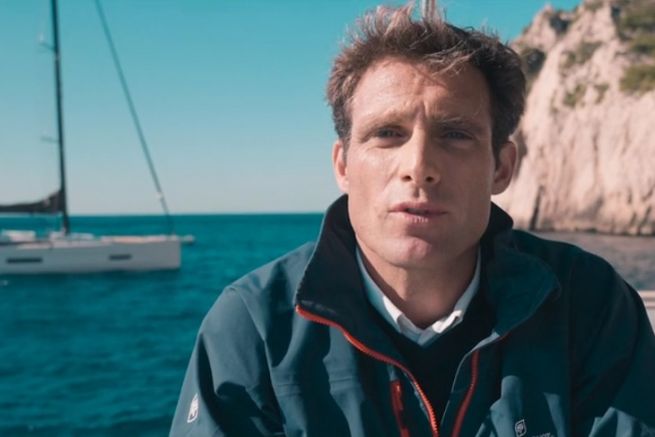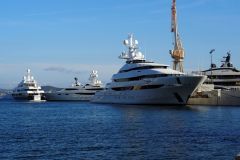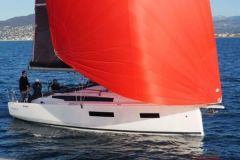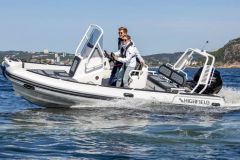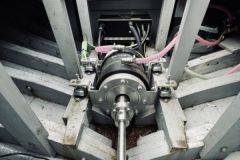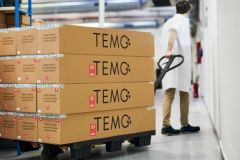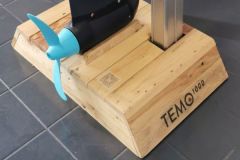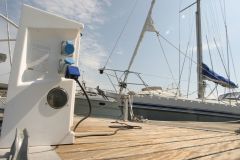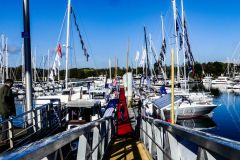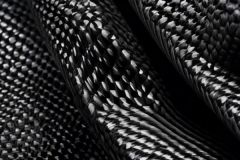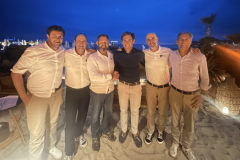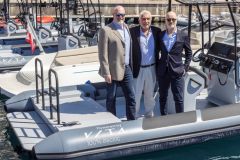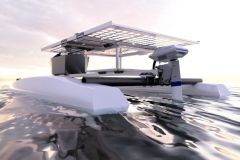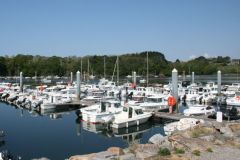A co-development platform for future boats
Already mentioned at the Cannes boat show, the Fountaine Pajot group's Odyssea 24 strategic plan is taking shape. The French yacht builder, based in La Rochelle, France, and operating under the Fountaine-Pajot and Dufour Yachts brands, has detailed several elements concerning its industrial translation and the use of its yachts in the future. "We have carried out demanding life cycle analyses on our boats with a 20-year use and on the company. The conclusion is that 80% of CO2 emissions come from the use phase of the boat. With our goal of offering a decarbonized cruise in 2030, it is therefore on this use part that we need to go and look for innovation." explains Romain Motteau, the group's deputy managing director.
To this end, Fountaine-Pajot has announced the creation of OD Sea Lab, presented as a joint innovation platform. "We need to go out and find the right contractors and solutions, eventually marinizing them. There is no taboo. We can join forces in all forms, as a partner, with capital links or just as a subcontractor. For us, it's a new way of working with more co-development, adapting solutions with subcontractors and suppliers." says Romain Motteau.
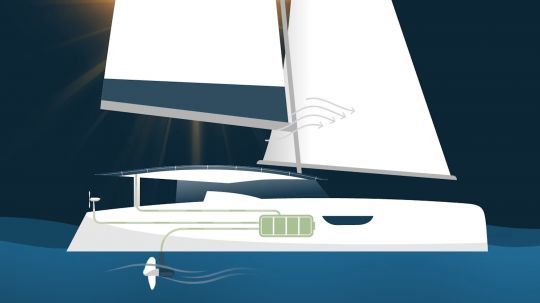
Electric or hybrid hydrogen catamarans
The group is accelerating its development schedule, with the first effects expected as early as 2022. "The Aura 51, the first of which is expected to be electric at the Cannes boat show, is the genesis of the OD Sea Lab. We set up an ecosystem with electric motors, batteries, an aluminum milling specialist... And we have coordinated all this so that in the end the client no longer needs to turn on a combustion engine on his catamaran says the Managing Director of Fountaine-Pajot.
A second catamaran, 59 feet long, integrating a hydrogen fuel cell should see the light of day in 2023. The sailing boat, with a weekly cruise program in the West Indies, should operate without using its backup thermal generator, with a fuel cell, solar panels, batteries and hydrogen generation under sail thanks to the electric motor. "Here too, we have set up an ecosystem to supply the hydrolyser to produce the necessary hydrogen as close to the boat as possible in clean mode," insists Romain Motteau
Dufour sailboats made of sustainable materials
Dufour's monohulls will be the first to benefit from material innovations by 2023. "We want to make sure that innovations are not just for the biggest boats. The project focuses on bio-materials and recycled materials," says the manager.
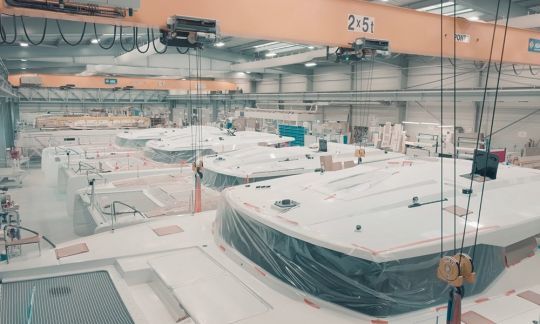
Produce boats in a more sustainable way
Although they account for only 20% of CO2 emissions in the life cycle analysis of boats, production conditions are another lever for improvement. "50% of the challenge for production lies in reducing the consumption of gas and electricity used in particular to heat our plants. This means insulating buildings and aiming for 50% local production. There is also an aspect of sourcing materials and packaging. In the end, all this represents a large volume of investment and change. That's why we're looking ahead eight years," concludes Romain Motteau.

